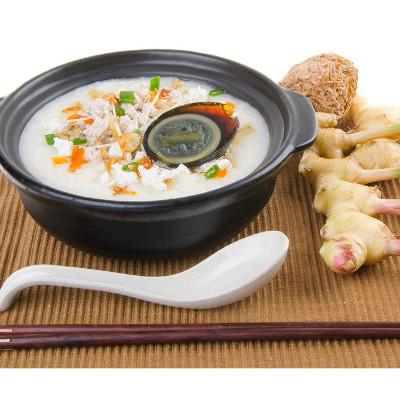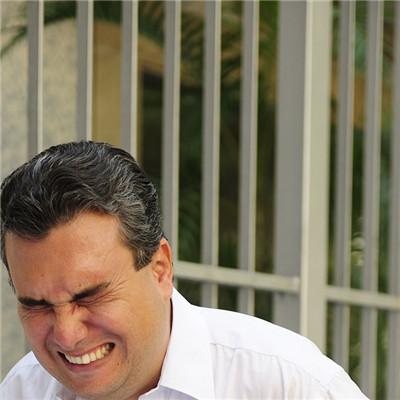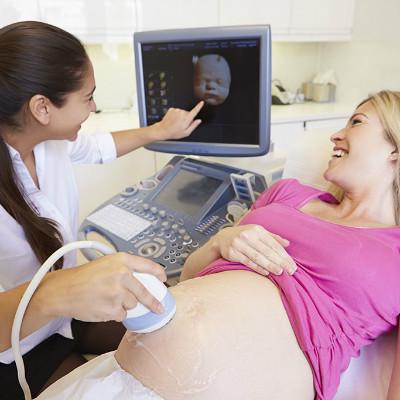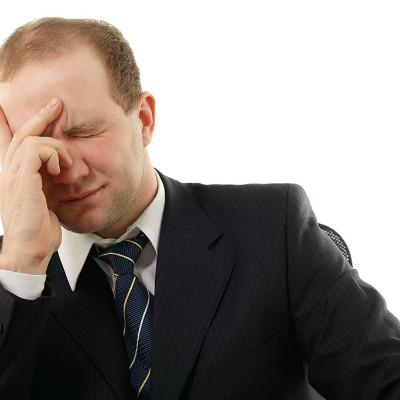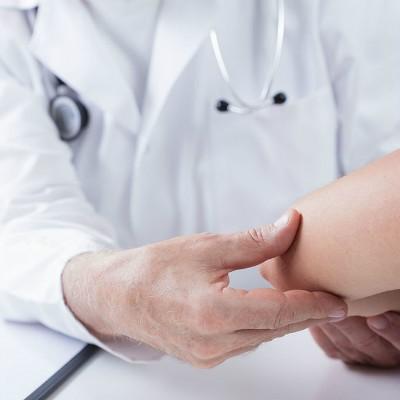The main symptom of congenital anal fistula?
summary
Anal fistula is also known as "anorectal fistula", most of the anal fistula is formed after the anal and rectal abscess is broken or cut. The abscess gradually shrinks, but the intestinal contents continue to enter the abscess cavity. In the process of healing and shrinking, the tortuous cavity is often formed, the drainage is not smooth, and it is not easy to heal. What are the main symptoms of congenital anal fistula? Next, I'd like to share my views with you.
The main symptom of congenital anal fistula?
Anal fistula is a fistula that occurs near the anus and in the lower part of the rectum. Anal fistula is generally composed of three parts: internal orifice, external orifice and fistula. Most of the internal openings are in the anal sinus near the anal canal tooth line; The outer mouth is on the skin around anus, sometimes more than one; The fistula wall is composed of fibrous connective tissue. Anal fistula can occur at any age, and the incidence rate is high among people aged 30 to 40. The course of disease varies from several months to several decades.
The main symptoms of anal fistula are local pus, wet itching and pain. In the early stage, there was more pus, yellow and thick color, and strong fecal odor. For a long time, pus gradually reduced, sometimes no, thin as water, if too tired, then pus increased, there may be fecal outflow. Sometimes the fistula can be closed temporarily, but soon the patient will have fever, local swelling and pain. The closed fistula can be pierced again, and the symptoms will gradually disappear after the pus flows out.
When the anal fistula is unblocked, there is generally no pain, only local swelling, but also pain caused by large internal orifice and feces flowing into the pipe, especially when defecation or inflammation. Because the pus constantly stimulates the skin around the anus, it can cause perianal pruritus, and it can also be accompanied by perianal eczema. Acute inflammation or chronic complex anal fistula can be accompanied by systemic symptoms, such as fever, anemia, emaciation and loss of appetite. The treatment of anal paralysis is mainly surgery, supplemented by drugs.
matters needing attention
1. Prevention and treatment of constipation and diarrhea is of great significance to the prevention of perianal abscess and anal fistula. 2. Timely treatment of anal crypt inflammation and anal papillitis, in order to avoid the development of perianal abscess and anal fistula. 3. Develop good living habits, regular defecation, sit bath after defecation every day, keep the anus clean, have a positive effect on the prevention of infection.
